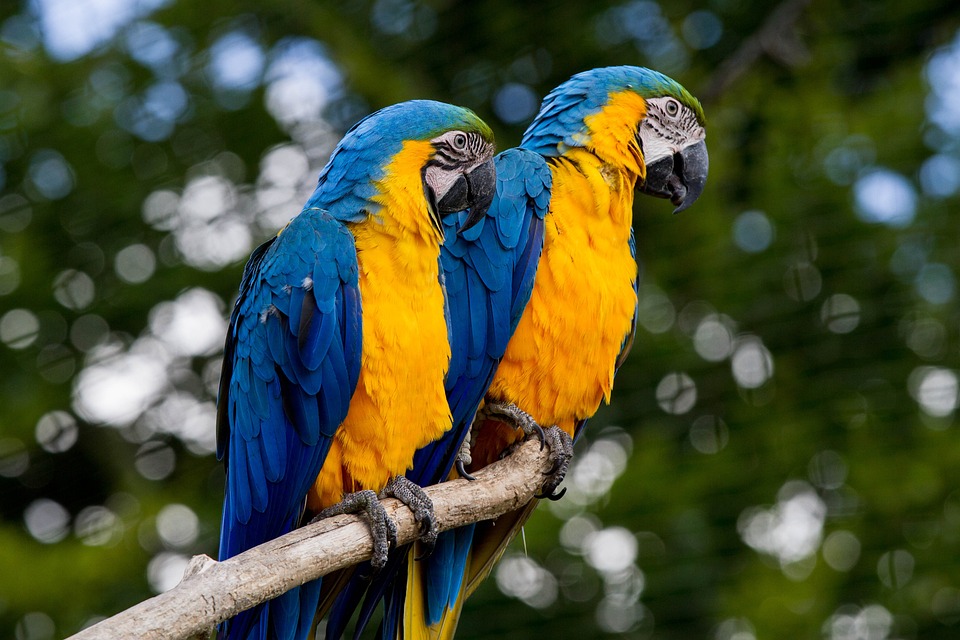Parrot screaming can be a challenging behavior for bird owners to understand and manage. Parrots are highly vocal creatures and use vocalizations as a means of communication. While some level of noise is natural for parrots, excessive screaming can be disruptive and distressing for both the bird and its human companions. In this article, we will delve into the reasons behind parrot screaming and provide valuable insights to help bird owners address this behavior effectively.
Loneliness and boredom are common reasons behind parrot screaming. Parrots are highly social animals and require regular interaction and mental stimulation. When left alone for extended periods or lacking environmental enrichment, parrots may resort to excessive screaming as a means to seek attention or alleviate boredom. Providing companionship, engaging toys, and a stimulating environment can help reduce this behavior.
Fear and anxiety can also lead to parrot screaming. Parrots can easily become fearful or anxious in unfamiliar or stressful situations. Screaming may serve as a defense mechanism or a way to express discomfort. It is important to identify and address the specific triggers causing fear or anxiety in your parrot. Gradual desensitization, positive reinforcement training, and creating a safe and predictable environment can aid in reducing such responses.
Hormonal changes can also contribute to parrot screaming. During breeding seasons or sexual maturity, parrots may experience hormonal surges that can lead to increased vocalization, including screams. This behavior is particularly common in male parrots. Understanding the hormonal cycles of your parrot’s species and providing appropriate outlets for natural behaviors, such as nesting materials or toys, can help manage hormonal-induced screaming.
Lack of communication training is another factor that can contribute to parrot screaming. Parrots need to learn appropriate communication methods, and without proper training, they may resort to screaming to convey their needs or desires. Implementing positive reinforcement training techniques, teaching basic commands, and establishing clear communication signals can assist in reducing excessive vocalization.
To address some frequently asked questions (FAQs) related to parrot screaming:
Q1. Is it normal for parrots to scream?
Yes, some level of vocalization is natural for parrots. However, excessive or prolonged screaming may indicate underlying issues that need attention.
Q2. How can I prevent parrot screaming?
Preventing parrot screaming involves providing companionship, mental stimulation, addressing fear or anxiety triggers, managing hormonal changes, and implementing communication training.
Q3. Can punishment be used to stop parrot screaming?
No, punishment is not recommended as it can increase fear and aggression in parrots. Positive reinforcement and redirecting the behavior to acceptable alternatives are more effective approaches.
Q4. When should I seek professional help for my parrot’s screaming behavior?
If your parrot’s excessive screaming persists despite implementing behavioral interventions, it is advisable to seek guidance from an avian behaviorist or an experienced avian veterinarian.
In conclusion, understanding the reasons behind parrot screaming is essential for bird owners to address this behavior effectively. By providing companionship, mental stimulation, managing fear and anxiety, addressing hormonal changes, and employing positive reinforcement training, parrot owners can create a harmonious environment for both themselves and their feathered friends. Remember, patience and consistency are key when tackling parrot screaming, and seeking professional help when needed can greatly assist in resolving this issue.









